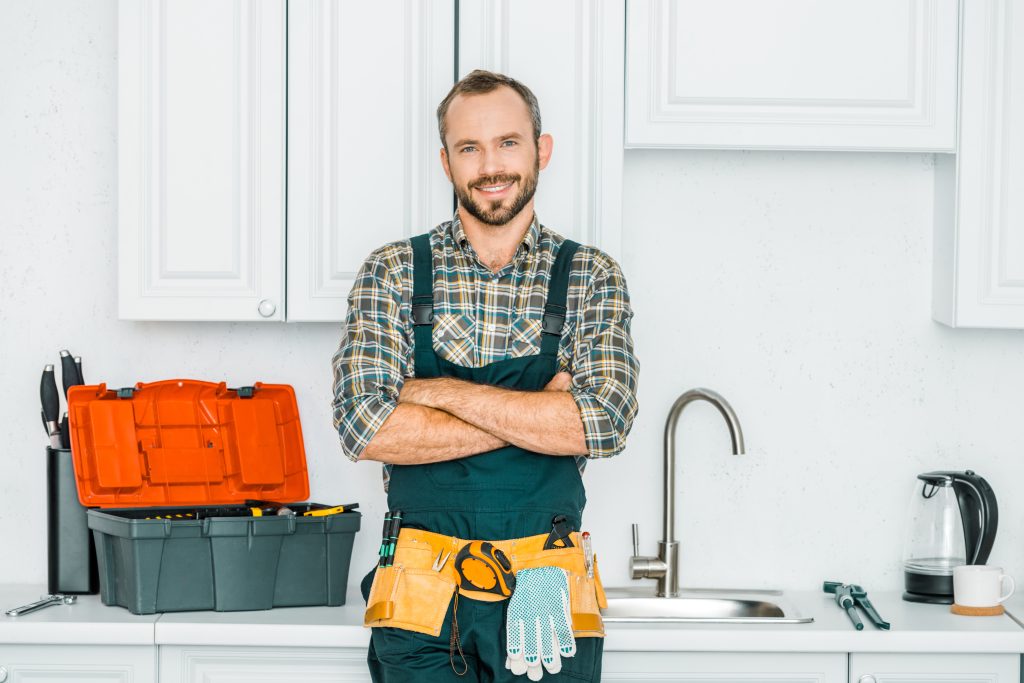How to Maintain and Repair the Water Softener?
To prevent premature wear of your sanitary installations and to have better quality water, it is essential to use a water softener. It allows treating the water so that it is less rich in limestone. In other words, the limescale in the water will not settle on the walls of the pipes, thus protecting them. The softener is generally reliable and ensures optimal operation in all circumstances. However, it is not immune to breakdowns of any kind. In this case, repairs are necessary, but to do this, the fault must be identified.
The Problem With the Installation of the Water Softener
The proper functioning of the water softener depends primarily on its installation. This can be done without the help of a professional as long as you use the right tools and have a minimum of knowledge in plumbing. The choice of its location is crucial during the installation. Indeed, it is necessary to place it in a dry place and ideally away from sun exposure. Also, to facilitate its operation, the softener must be placed near an electrical outlet and the water drainage system.
Errors in the installation are the cause of many malfunctions of this device.
Causes of Water Softener Failures
There are many reasons why a water softener can malfunction.
Insufficient Amount of Salt
It is essential to maintain an optimal salt level for the softener to function normally. The treatment is ineffective if the salt level is too low. Also, if there is too much salt, the unused residue will block the water suction.
The type of salt to be used must also be well chosen. The size of the particles affects the operation of the machine and can damage specific components.
Too Little or Too Much Water
In general, the water level in the tank is maintained at a certain level by a floating regulator. This prevents the tank from emptying or the water from overflowing. Problems with the water level are often caused by the softener filter or the water system’s pressure. In addition, the position of the valve should be checked when there is a change in incoming water pressure to allow for optimal operation of the softener.
Signs That Indicate a Softener Malfunction
Water softener malfunctions are revealed through testing. However, some signs indicate a malfunction.
If you notice white spots on the walls of your plumbing, it indicates that the softener is malfunctioning. In this case, repairs are necessary to prevent limescale build-up in the pipes.
Also, if the softener is not working, the water contains an abnormally high level of limescale. This causes stiff hair and reddening of the skin after showering.
Tips for Troubleshooting a Water Softener
Water softener failures depend on many factors, such as the location of the failure and its severity. When too much salt accumulates at the bottom of the tank, it should be cleaned. However, the intervention of a professional is essential for breakdowns such as installation, supply, and operation problems. Indeed, repairs are more difficult and sometimes require the replacement of certain elements such as the motor or the regulator.
Regular Maintenance to Avoid Recurring Breakdowns
In addition to repairs in case of breakdowns, it is also essential to maintain the softener regularly. Apart from annual maintenance, inspecting certain elements and ensuring that the machine is working properly is recommended. In this case, you can:
- Check the water and salt level in the tank
- Clean the tank frequently and change the filter cartridge
- Regularly check the quality of the water treated with the different chemical processes.





[…] Having a job is of paramount importance these days. Indeed, there are many jobs in the world. The fact…
[…] Personally, I need a hot shower whether we are in winter or summer because I don’t feel clean otherwise,…
[…] Sound off in the comments section below, and tell us what you want to read next and if you…
[…] unfortunately, when it concerns a major plumbing issue, a botched job might end up causing a lot of harm…
[…] overestimate your talents, either. Sure, some simple jobs (like prevention!) can be done by a handy homeowner. But don’t…